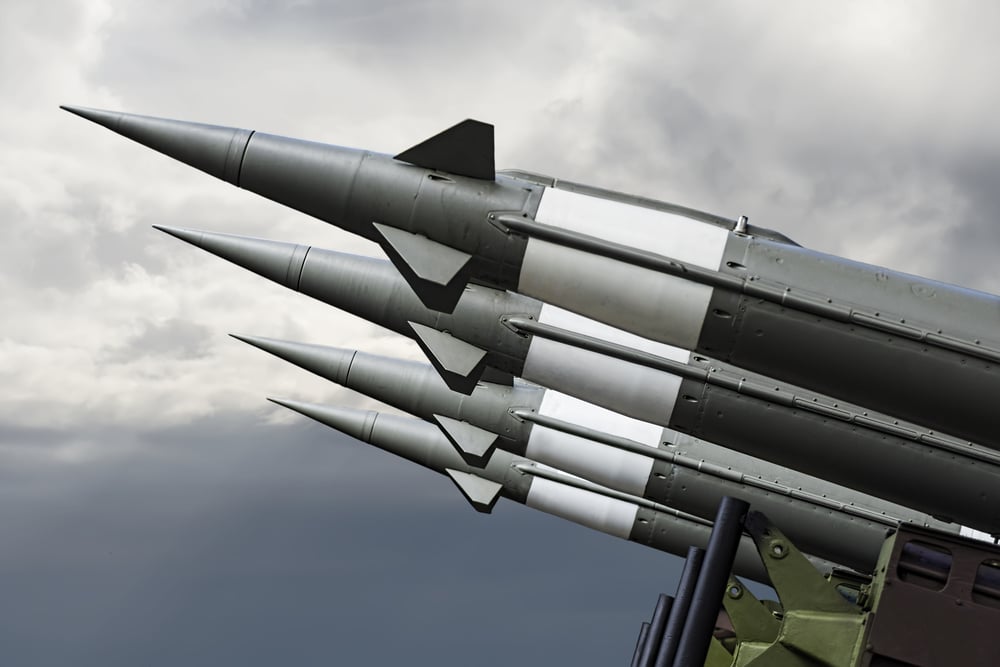FRANCIS P. SEMPA

“Idealists,” wrote Halford Mackinder in his 1919 geopolitical masterpiece Democratic Ideals and Reality, “are the salt of the earth; without them to move us, society would soon stagnate and civilization fade.” But idealism untempered by an appreciation of human limitations and imperfections can be dangerous. The ideologues who envisioned “new worlds” where human beings would ascend to their innate potentialities, and the political leaders who used the coercive powers of the state to attempt to accomplish that end in the face of human resistance, have caused more havoc and destruction than most of history’s autocrats. Today, the ideologues have envisioned a world without autocracy, and some of the West’s political leaders, including President Joe Biden, have portrayed 21st-century world politics as an existential struggle between autocracy and democracy. As Robert Kaplan points out in a new essay in UnHerd, those political leaders and observers who seek to end autocracy in Russia and who are trying to “fix” the Arab-Persian-Israeli conflicts in the Middle East all in the name of “democracy” risk sowing the seeds that will transform regional wars into a global conflagration.
Kaplan’s essay is focused on Vladimir Putin’s Russia and the dangers of imperial collapse. Throughout history, he notes, “empires, as they collapse, leave chaos in their wake,” and “[h]istory has provided no solution to this conundrum.” His point is that those who seek Russia’s collapse are ignoring the order and stability that empires, including Russia’s, often maintain. The Wilsonian strain in American foreign policy that seeks to remake the world in America’s image, however, is strong and resilient despite its past failures. The United States today is waging a proxy war against Russia for the self-determination of the Ukrainian people, just as we are pressuring Israel to permit the creation of a separate state for Palestinians who seek Israel’s destruction. In the western Pacific, the Wilsonians want us to defend Taiwan because it is a democracy, instead of defending it (as we did in the 1950s and 1960s when it was more autocratic than democratic) for the sounder geopolitical reasons of preventing the strategically located island from falling under the control of China.
Kaplan writes that “we face no choice but to manage the interlocking wars and crises afflicting the Eurasian land mass — for, ultimately, they can’t be fixed.” That is sound geopolitical realism. But what Kaplan doesn’t say is that it is our own policies that have transformed separate regional conflicts into “interlocking wars and crises” in Eurasia. We have grouped these conflicts under the Wilsonian banner of “democracy versus autocracy.” We have grouped Russia, China, and Iran into an “axis of autocracy,” imagining that these regimes are coordinating their policies in a joint effort to destroy “democracy.” We risk repeating George W. Bush’s failures by waging a “global war on autocracy,” which would dwarf Bush’s Global War on Terror in resources and casualties. (READ MORE: Utterly Conventional: Thoughts on the Tucker–Putin Interview)
Kaplan notes that one of the unintended consequences of the Ukraine war and our support of Ukraine was “forcing Russia to lean increasingly on China for support,” and that “has fused the conflict zones of Europe and Asia.” And while Kaplan favors continued U.S. support of Ukraine, he also reminds Western leaders that “we should not want the war to grind on indefinitely” and “should aim to leave Russia chastened but not collapsed.”
In Democratic Ideals and Reality, Mackinder urged the Western democracies to adjust their ideals to geopolitical realities. The statesman he most admired was Otto von Bismarck, whom he described as the “great realist.” “No statesman,” Mackinder wrote, “ever adjusted war to policy with a nicer judgment than Bismarck.” Bismarck had “an insight into the minds of other nations than his own,” a trait noticeably missing from Biden, Blinken, Sullivan, et al. Bismarck understood, as he once remarked, that “man cannot control the current of events; he can only float with them and steer.”
No comments:
Post a Comment